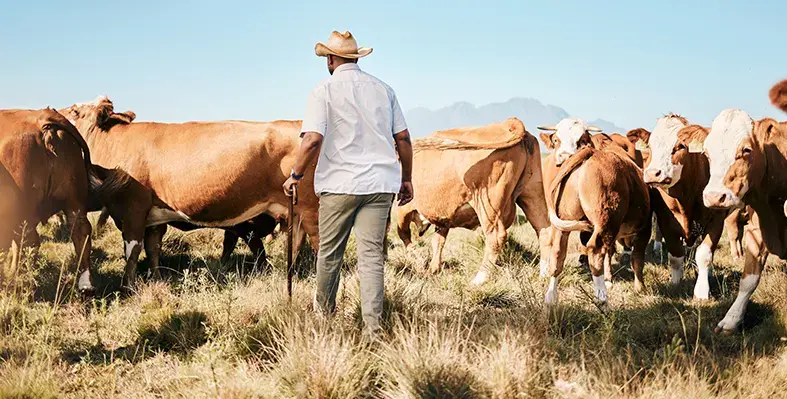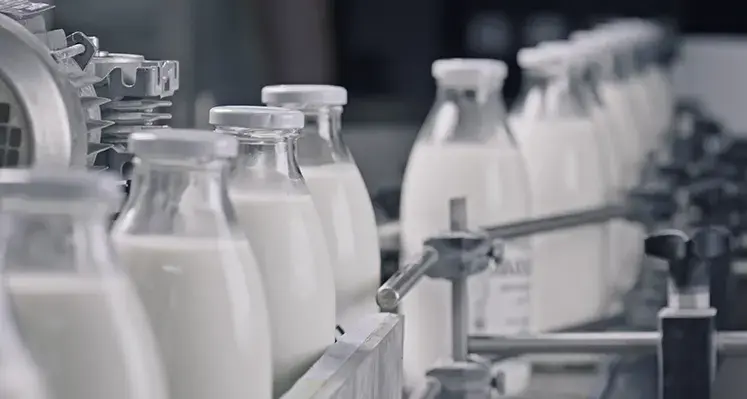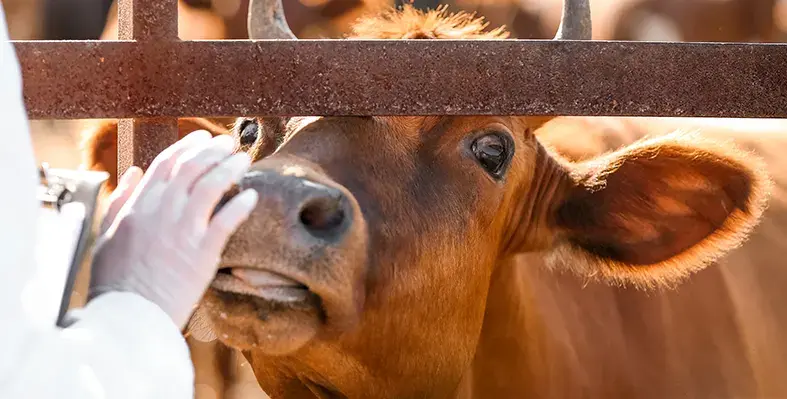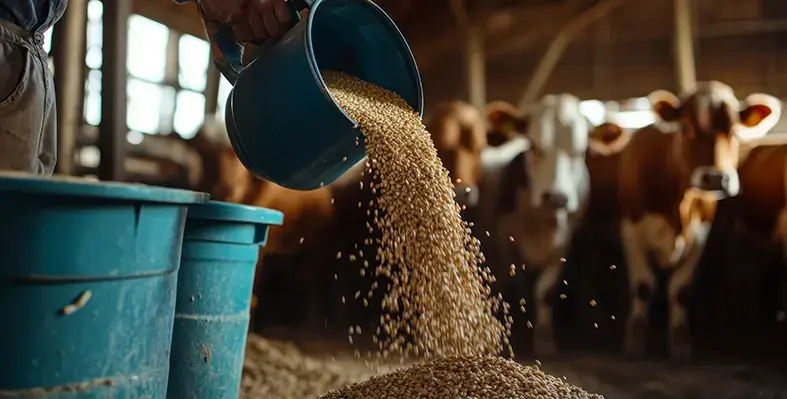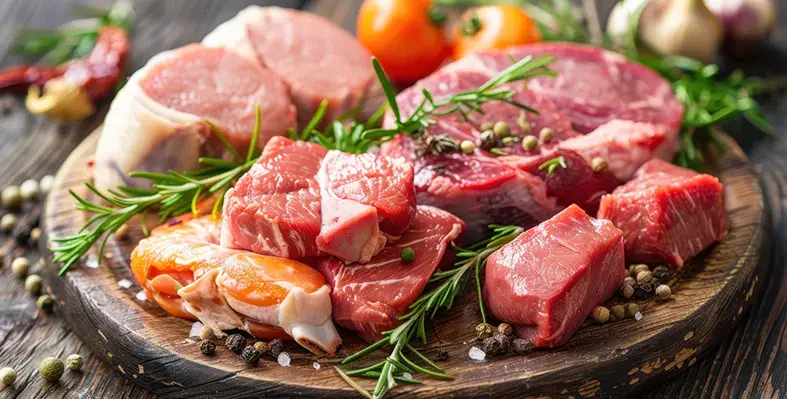Tanzania’s Kagera region is stepping up efforts to attract investment into dairy and beef production as part of a wider strategy to unlock its vast livestock potential and respond to rapidly growing demand for animal protein at both national and regional levels.
The renewed push was articulated by the Minister for Livestock and Fisheries, Bashiru Ally, during a working visit to a Farmers’ Field School in Muleba district.
Dr Ally underscored the importance of scaling up the production of high-quality animal feed, describing it as a critical driver for increasing milk and meat output. He pointed to Kagera’s strong natural advantages, including abundant pasture, reliable water resources and a strategic location within the Great Lakes region, positioning the area as a prime destination for commercial livestock investment.
Highlighting opportunities beyond traditional smallholder systems, the minister said targeted investments in productivity, modern technology and supporting infrastructure could significantly boost returns across the dairy and beef value chains. “Kagera region has a good climate that can be a source of quality beef and ranching,” he stated, noting that the presence of existing commercial ranches offers a solid foundation for public–private partnerships to enhance efficiency and scale.
The minister also encouraged farmers to embrace modern dairy production models, cautioning against maintaining large herds of low-yield cattle. Instead, he advocated for productivity-focused systems that improve profitability, food security and household incomes. The dairy sector, he noted, is central to Tanzania’s broader goals of industrialisation, nutrition improvement and inclusive economic growth.
Official projections indicate that Tanzania’s demand for meat could triple by 2030, driven by population growth, urbanisation and rising incomes across Africa. Current livestock supply, however, remains inadequate, underscoring the need for significant investment in ranches, feedlots, abattoirs, meat processing facilities and tanneries. Despite recent export gains, Tanzania recorded meat exports of just 14,000 metric tonnes in 2024, far below the national target of 50,000 metric tonnes.
To address these gaps, Kagera authorities have earmarked about 66,215 hectares under the Mwisa II Project for dairy industry development. Investors are being encouraged to establish milk, beef and hides processing plants, leveraging the region’s extensive pastureland and infrastructure, including five National Ranching Company (NARCO) ranches. Despite its livestock resources, Kagera currently contributes only 7.6 per cent to Tanzania’s GDP, highlighting significant untapped potential for agribusiness-led growth.




